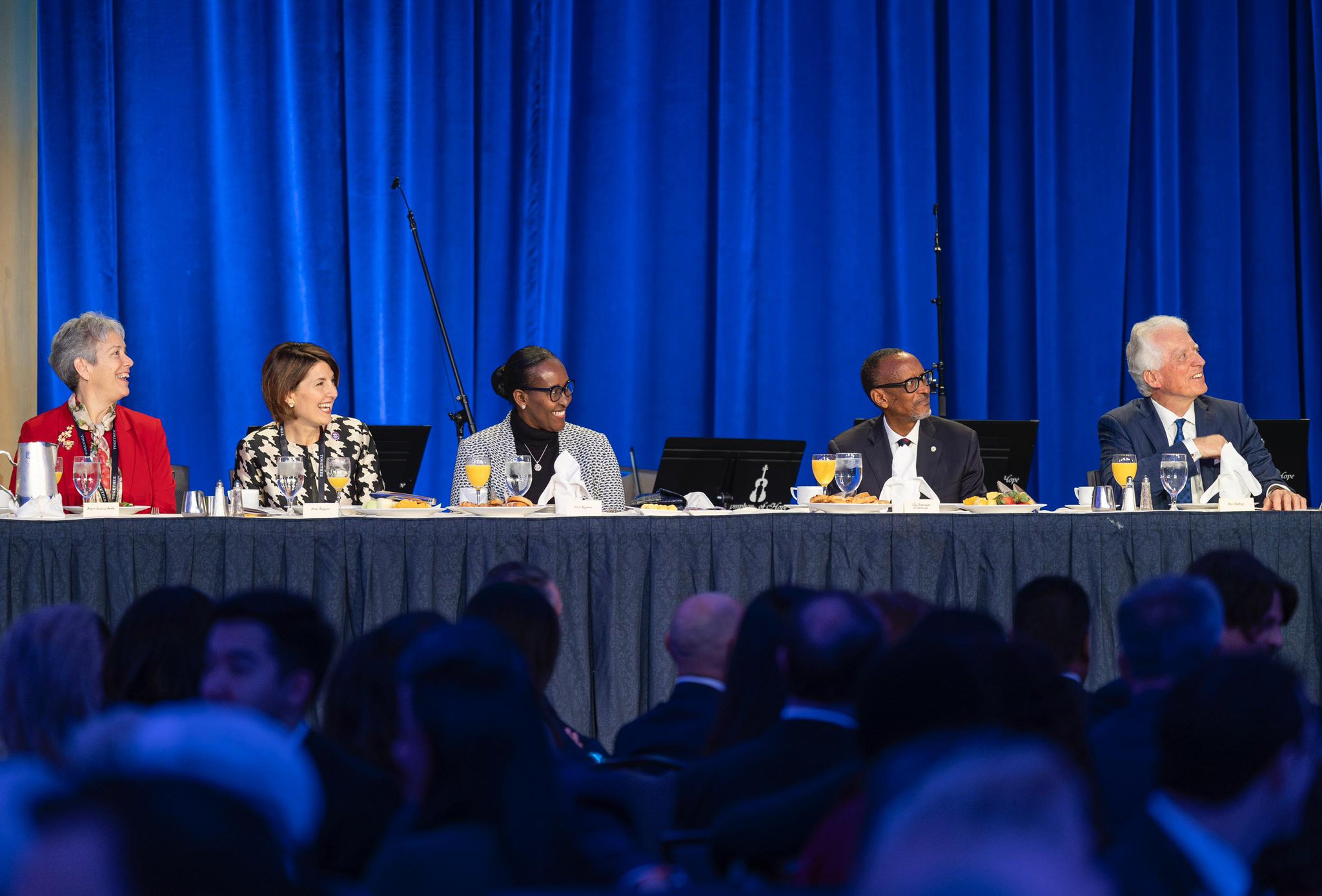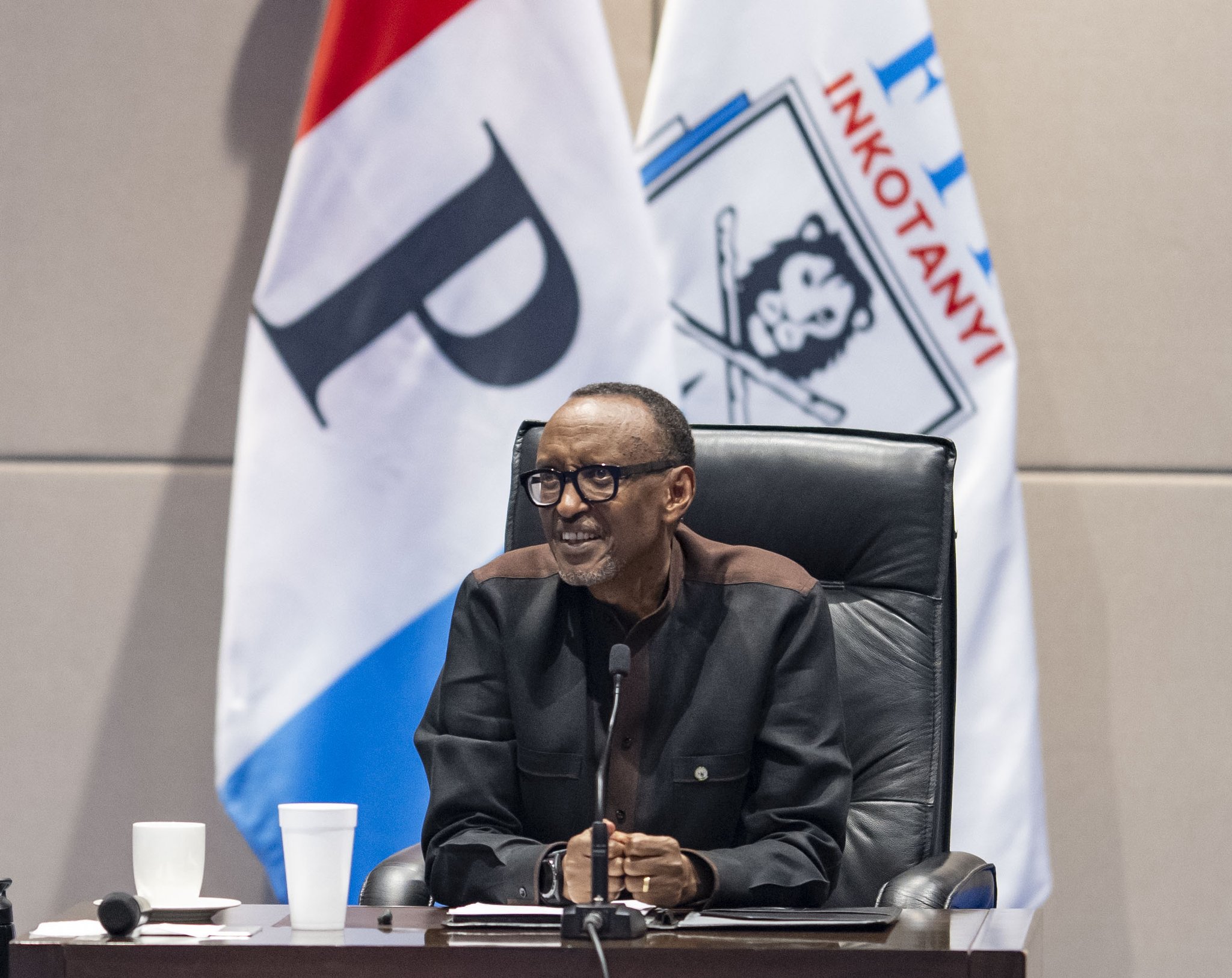Optinion
Rwanda’s 30 years’ journey; from despair to hope

A
Greek poet, Dinos Christianopoulos, in 1978 wrote a stanza that stated; “They
tried to bury us; they did not know we were seeds.” The words are both
challenging and empowering yet they rhythm well with the address of President
Paul Kagame during the National Prayer Breakfast gathering in Washington DC, on
February 1.
As
Kagame strolled into the history of Rwanda and events that led to the 1994
Genocide against the Tutsi, he also applied Joseph’s story in the Bible as
justification of Rwanda's hardest decision of choosing resilience in times of despair.
“You
may remember that Joseph was sold into slavery in Egypt by his own brothers.
But due to his incorruptibility, he rose to the highest ranks of Egyptian
government. As a result, he came to be in an amazing place to save Israel,
including his brothers, from famine. It is their praxis of reconciliation,
inscribe in matters large and small, that create and recreate healthy nations,
and turns strangers and enemies into a family of citizens.”
Rwanda
symbolizes a strong spirit of a nation that thrived from the depth of despair
building its future full of hope and reconciliation. The parallel between the
harrowing past of Rwanda and the life story of Joseph in the Bible underscores
the nation's determination to stay resilient from all the odds that surround
them.
The
President’s speech plunged the audience down the memory lane of events that marked
the unfortunate 1994 Genocide against the Tutsi as well as the deep-seated
question that has lingered for three decades. How does a country rebuild itself
after losing a million lives in a genocide?
Mixed
between the recounting of historical atrocities, this brought out universal
lessons entrenched in Rwanda's story and is a vivid warning on the consequences
resulting from a deliberate shift on running cruelty over humanity through the
stampede of hatred, a lesson that extends beyond the borders of Rwanda to
tackle the mushrooming global divisions.
After
decades of divisionism, Rwanda’s turning point was in 1994. All public
institutions were left in ruins while the country was burdened by the debt of
genocidal pursuits.
Rwanda
was then faced with the toughest choice in the post-genocide era – whether to
pursue revenge at whatever cost or choose a path of unity and reconciliation to
break the cycle of violence. The President’s account of the abolition of the
death penalty, of seeking forgiveness from survivors, turns around to
underscore a painful but a necessary path towards rebuilding a shattered
society.
For reconciliation
to happen, especially in the situation like that of Rwanda, it takes humility,
confidence, and a dedicated leadership that reaches out to each element of
society.
Faith,
private and communal, is central in the journey of Rwanda and that is why the role
of faith leaders as given by key partners in the rebuilding efforts have been
crucial. Every nation-state has to see beyond hatred since reconciliation is an
act of faith to be new with visionary and dedicated commitment.
The
story of Rwanda reminds us that healthy nations place the politics of unity
first and reach out relentlessly to help theirs pass through their rough
patches towards a brighter future. However, reconciliation does not always mean
resolution; the people will not necessarily agree on the decision of
forgiveness but still they cannot do away with the commitment to a better
future without yesterday's burdens.
Rwanda's
continuing efforts towards unity, reconciliation and resilience are an unending
process that has to be attended to constantly.
The Rwandans that were once buried proved that they were seeds. They germinated, and are now living in unity, and developing.


.jpeg-20221214055432000000.jpeg)

.jpg-20231002075336000000.jpg)

